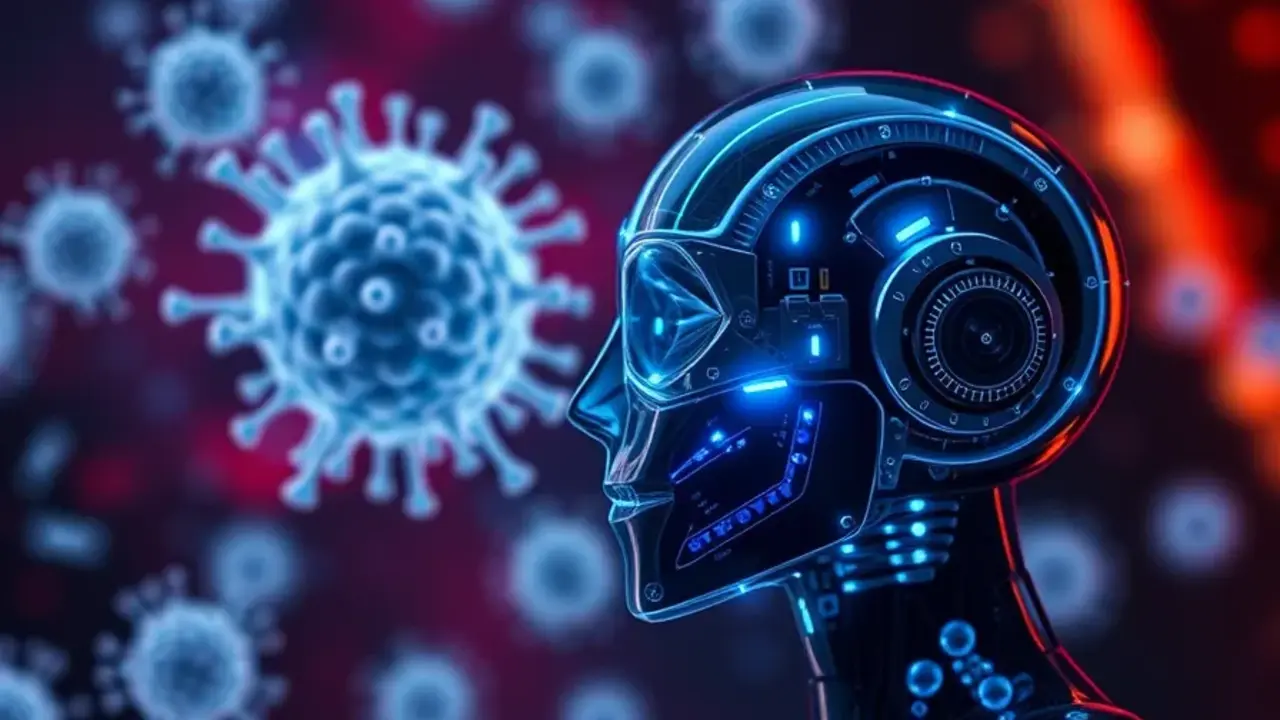Researchers have developed an artificial intelligence system called “EUCAST-GPT-expert” that meets the strict guidelines of the European Committee on Antimicrobial Resistance (EUCAST). This system has been tested on hundreds of bacterial isolates and has demonstrated its ability to detect resistance to life-saving antibiotics.
Although the artificial intelligence system showed promise in identifying certain resistant strains, it also had shortcomings. Sometimes non-resistant bacteria were mistakenly identified as resistant. Although human experts have been proven to be more accurate in identifying resistance, the speed and standardized approach of AI can significantly improve the diagnostic process.
Egli emphasized that the AI tool needs to be further tested and refined before it can be used in a clinical setting.
News materials cannot be equated with a doctor’s prescription. Consult an expert before making a decision.
Source: Ferra
I am a professional journalist and content creator with extensive experience writing for news websites. I currently work as an author at Gadget Onus, where I specialize in covering hot news topics. My written pieces have been published on some of the biggest media outlets around the world, including The Guardian and BBC News.











